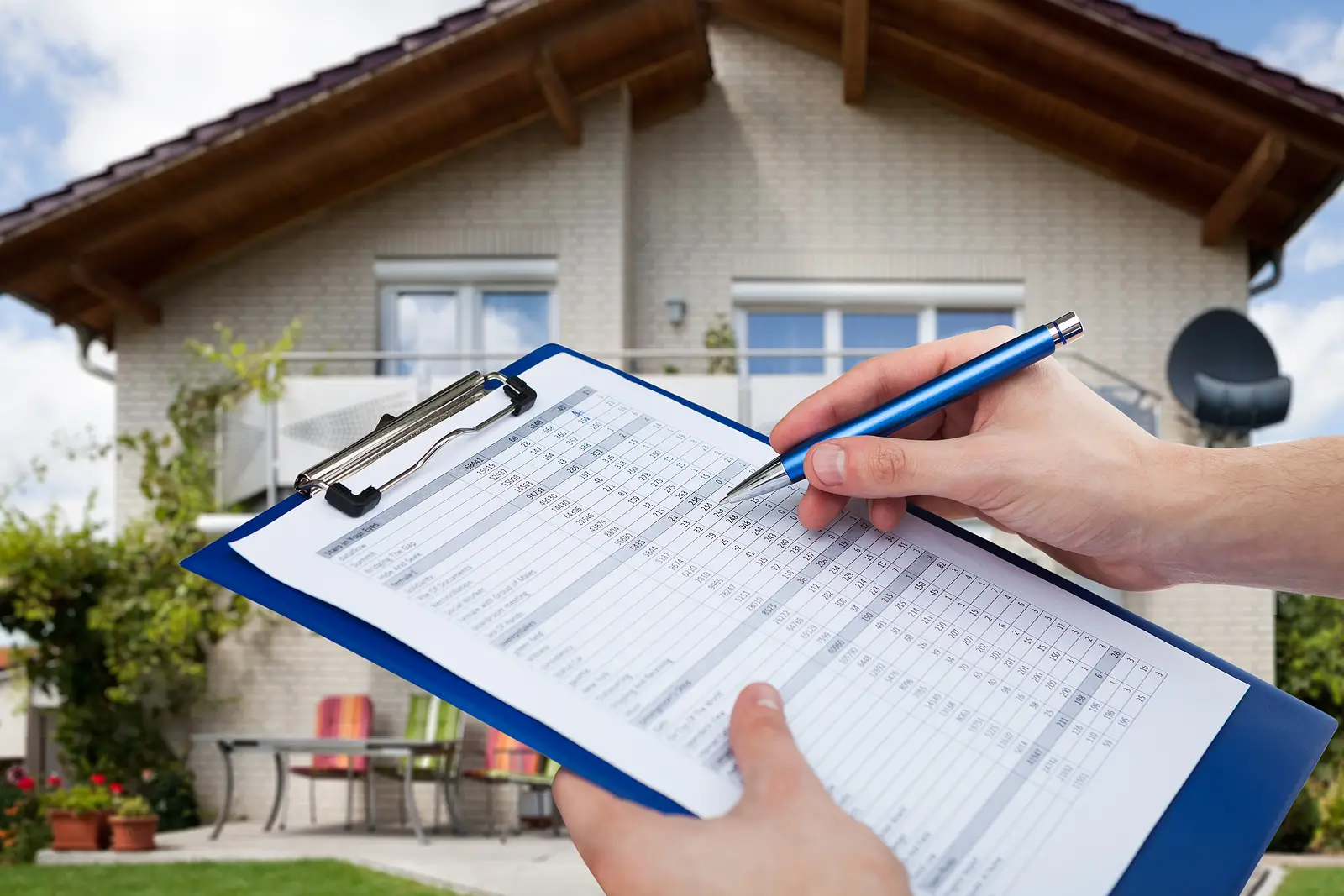Owning a rental property in Charleston, SC, is an incredible investment opportunity. But it also comes with the responsibility of keeping that property in excellent condition. One of the best ways to protect your investment, maintain tenant satisfaction, and avoid costly surprises is through rental inspections that catch the little things before they become big repairs.
Many landlords underestimate the importance of routine rental inspections, thinking they only need to worry about the property when a tenant moves out. However, proactive inspections allow property owners and property managers to address maintenance issues early, enforce lease terms, and protect the property’s structural integrity.
Key Takeaways
Routine rental inspections help identify small problems before they turn into major, expensive repairs.
A thorough inspection process improves tenant compliance and reduces lease violations.
Providing proper notice and respecting tenant privacy is crucial for a positive landlord-tenant relationship.
A detailed rental property inspection checklist ensures no area is overlooked.
Regular inspections protect both the property owner's investment and the tenant’s security deposit.
Types of Rental Property Inspections Every Landlord Should Know
There are several types of rental property inspections landlords or property managers should incorporate throughout the rental cycle:
Move-in inspections: Conducted before a tenant moves in, these set a baseline for the property’s condition. A detailed move-in inspection report with photos ensures clarity on existing wear and tear.
Routine or quarterly inspections: Regular inspections (often quarterly) help identify safety hazards, unauthorized pets, or damages beyond normal wear and tear.
Drive-by inspections: These quick checks allow landlords to ensure the property’s exterior is being maintained without entering the rental unit.
Mid-lease inspections: Midway through a lease term, these inspections help assess tenant compliance with the lease agreement and catch potential issues.
Move-out inspections: After the tenant moves out, this inspection determines damages, ensuring fair deductions from the tenant's security deposit.
Why Routine Rental Property Inspections Matter
Regular property inspections protect the condition of the property and help maintain its value over time. Identifying minor maintenance issues like leaking faucets, cracked caulking, or faulty smoke detectors early prevents them from escalating into larger, costly repairs.
Moreover, routine inspections support tenant satisfaction by showing you care about the property's upkeep and their living environment. Tenants are more likely to report issues promptly when they see proactive maintenance efforts from the landlord or property manager.
Providing Proper Notice and Respecting Tenant Privacy
Before you conduct inspections, it’s essential to provide proper notice to tenants. In Charleston, SC, local laws often require written notice (usually 24–48 hours in advance) to enter a rental unit.
Respecting the tenant’s privacy fosters a positive landlord-tenant relationship and ensures compliance with the lease agreement and legal standards. Always include the purpose, date, and approximate time in the notice to make the inspection process smoother.
What to Include in Your Rental Property Inspection Checklist
A rental property inspection checklist is your best friend for thorough inspections. This list helps you cover all crucial areas systematically. Key items to include:
Structural integrity: Look for cracks in walls, foundation issues, and roof damage.
Electrical systems: Check outlets, light switches, and circuit breakers.
Plumbing: Inspect sinks, toilets, and pipes for leaks or blockages.
Heating and cooling systems: Ensure HVAC systems are functional and filters are clean.
Smoke detectors and safety equipment: Test devices for proper operation.
Appliances: Verify they work properly and safely.
Personal belongings and cleanliness: Note any clutter that could indicate improper use of the property.
Signs of lease violations: Unauthorized occupants, smoking, or pets.
A detailed inspection report should be created and shared with the tenant, documenting the property's condition and any necessary repairs.
Dealing with Tenant Refusal and Lease Violations
Sometimes, tenants may refuse entry for inspections. If this happens, review the lease agreement, as most leases grant landlords the right to conduct inspections with proper notice.
When you identify lease violations, address them immediately. Common issues include unauthorized pets, smoking indoors, or unapproved alterations. Document these problems clearly in the inspection report and follow up per the lease terms.
How Often Should Landlords Inspect Rental Properties?
While there’s no one-size-fits-all answer, most experts recommend routine inspections at least once or twice a year. Some landlords opt for quarterly inspections to ensure consistent upkeep.
Remember, each type of rental and tenant situation might warrant different inspection frequencies. Always comply with local laws and lease terms when deciding how often to conduct inspections.
Move-In and Move-Out Inspections: Bookends of the Rental Cycle
Move-in inspections set clear expectations for tenants regarding the condition of the property at the start of the lease. These inspections protect both parties by preventing disputes over the tenant's security deposit later on.
A move-out inspection, on the other hand, helps determine any damages beyond normal wear and tear and ensures fair deductions. Document everything thoroughly with photos and notes to back up your findings.
The Role of Property Managers in Successful Rental Property Inspections
Partnering with a professional property management company like Oak Trust Properties in Summerville, SC, can take the stress out of the entire inspection process. Property managers handle regular property inspections, maintain thorough records, provide proper notice, and ensure tenant compliance with the lease agreement.
Additionally, they coordinate maintenance teams to address issues promptly, preserving the property’s value and keeping tenants happy. With a skilled property manager, you’ll achieve smoother operations and fewer surprises.
Protect Your Investment with Proactive Inspections
Rental inspections that catch the little things before they become big repairs are one of the smartest investments you can make as a landlord. By staying ahead of maintenance issues, maintaining tenant relationships, and ensuring compliance with lease terms, you protect your property and your bottom line.
At Oak Trust Properties, we believe in proactive, thorough inspections as a cornerstone of successful property management. Our local expertise in Charleston, SC, allows us to keep your property in excellent shape and your tenants satisfied.
If you’re ready to take the stress out of inspections and maximize your investment, contact Oak Trust Properties today!


